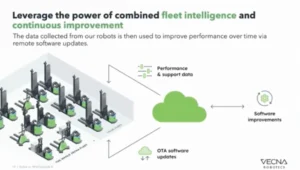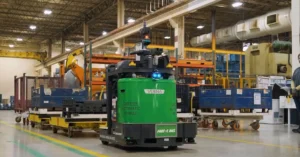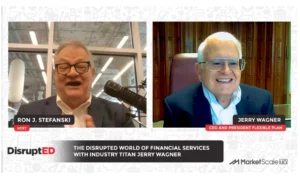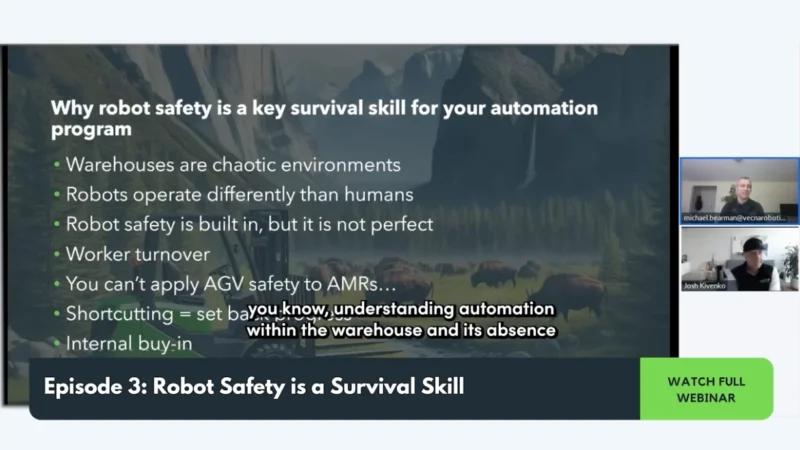Culture’s Role in Whole-Site Safety
Kee Safety’s Peter Woodliffe Thomas has traveled all over the world and observed various sites in hopes of getting them to his standard, which is whole-site safety. While on different sites around the globe, he’s seen a culture’s general attitude about safety transfer over into the workplace.
“An awful lot comes from what people deem to be acceptable,” Woodliffe Thomas said. “You’ll see things in Asia that people deem to be acceptable or in India that people deem to be acceptable, such as riding a motorcycle without a crash helmet or driving a car without a seatbelt, and it’s just considered acceptable.”
Another factor is more economically developed countries spending more money on safety, creating “a self-fulfilling prophecy,” Woodliffe Thomas said. “You start to spend money on safety, things that appear to be less safe become unacceptable to people, you then begin to spend more money on safety, and it just gets better and better and better. That is a big part of it.”
Often, Woodliffe-Thomas and Dan Huntington agreed, those standards of acceptability can change with the generations. While an older person in North America may still be comfortable riding in a car without a seat belt, few young people feel the same thanks to both legislation and cultural shifts.
“In my experience, children grow up looking at their parents for guidance until a certain point in their life,” he said. “That’s generally sort of 16, 17, 18, when they look at something their parents do and they actually get enough knowledge to then stand back and look and say, ‘Really? I don’t think that’s the right thing to be doing.’”
That’s why education is so critical, both for companies working in sites but also for the general public, to make sure everyone understand the goal. It’s not to prevent people from doing things, but to enable them to do whatever they’d like safely.
For the latest news, videos, and podcasts in the Building Management Industry, be sure to subscribe to our industry publication.
Follow us on social media for the latest updates in B2B!
Twitter – @MarketScale
Facebook – facebook.com/marketscale
LinkedIn – linkedin.com/company/marketscale






